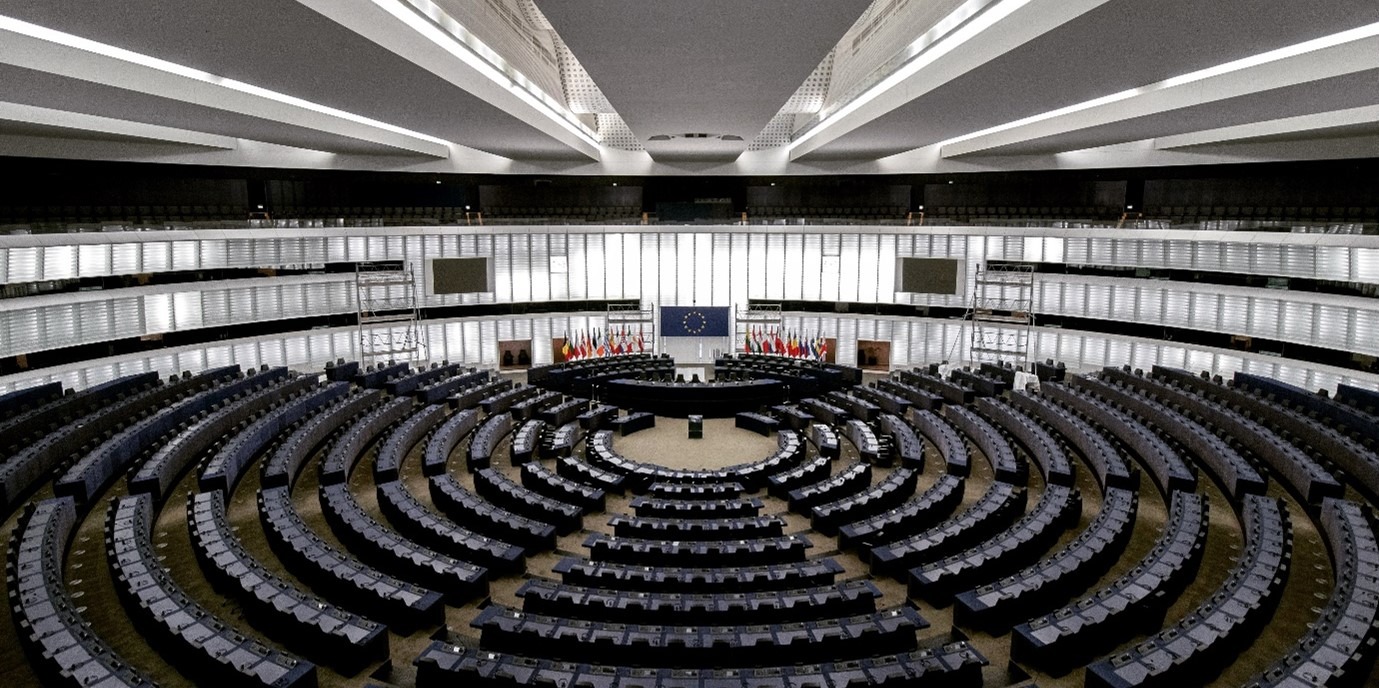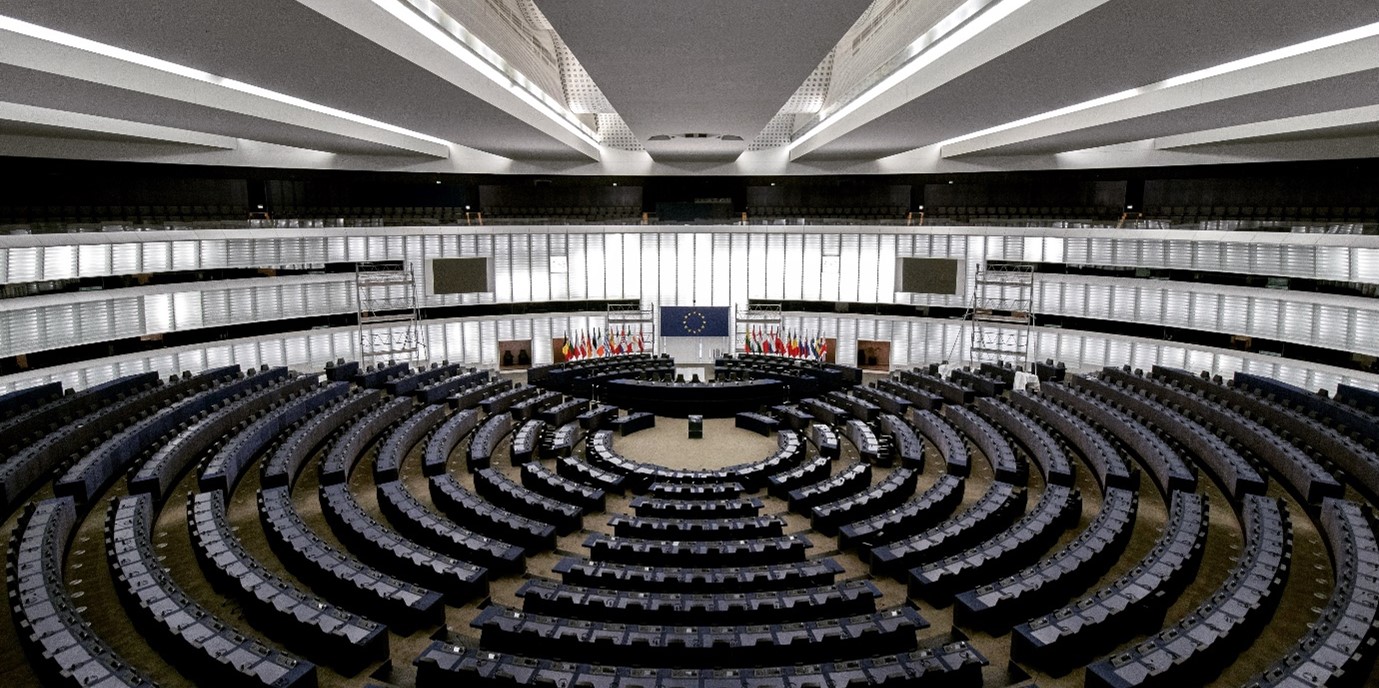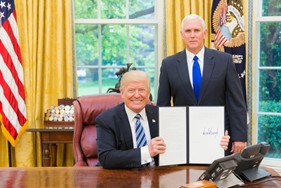
Retreating or adapting? Power of the State meets TNCs

Ben Mellor
_____________________________________________________________________________
This is part of University of Nottingham IPE & Global Development Coursework [3of 3]
There is a subset of the current globally dominant International Relations (IR) theory of Liberal thought which states that it is inevitable that countries will yield ever more control to the demands of business. However, this view is far from universal, and unconfirmed to hold up in practice.
While Hyper-Globalists argue the prior; it conflicts with the views of the fellow Liberal subset called Transformationalists. This post will review whether the power of state is retreating or adapting and explain what these varying ‘subsets’ are.
When it comes to the different schools of thought in IR, there are two theories which have been competing for dominance since the end of the Second World War. These are Liberalism and Realism, which are explained in-depth by the video below.
Importantly for this discussion, as the video explains at 2:20, “Liberalism stresses the importance of non-state actors in the global system”. These non-state actors include Trans-national Corporations (TNCs).
As an entire school of thought however, Liberalism is not completely cohesive which is why there are various subsets within the broad umbrella. As referenced in the opening sentences, two important subsets are ‘Hyper-Globalists’, and ‘Transformationalists’. The former believes that TNCs are the most powerful and newest international actors, who reduce states to simply being a provider of infrastructure for business to use. This is the ‘retreat’ of state power.
Meanwhile, Transformationalists still view the state as still wielding some power, and despite the emergence of powerful new non-state actors – states are simply adjusting to the new structural reality of the world.
It is interesting how much has changed over the past decade in the role of the state, and in my view, it points to the Transformationalists being correct in the idea of an ‘adjusting’ state. Throughout the 2000s and early-2010s, there was a sharp rise in the number of Free Trade Agreements (FTAs) and these were largely done to serve to serve the interests of TNCs and improve access to trade. In these instances, the states were simply following the Hyper-Globalist theory whereby they are merely instruments to serve TNCs.

However, as the 2010s progressed, it became clear that states were not retreating. As they adapted to the new structural reality, states started to ‘fight back’. There are two clear examples which can be used to demonstrate this: first in the US, after the Trump’s election in 2016 he almost immediately withdrew from the Trans-Pacific Partnership (TPP). This was against the wishes of TNCs who stood to benefit greatly- instead Trump emphasised the need to put national interests first.
In another example, to the detriment of ‘Big Tech’ companies who rely on the harvesting user’s data, the EU implemented the toughest data protection regulations in the world, GDPR. This was done to secure national security interests to prevent a cataloguing of their citizens’ lives.
As a result, is it clear to see that states are not powerless and are adapting to the new global environment.
Ben Mellor
_____________________________________________________________________________
Featured image courtesy of Frederic Köberl via Unsplash. Image license found here. The image has been cropped vertically.
In article video can be found here. Video is publicly available on YouTube, discussion of copyright around sharing videos can be found here. This blog is not for monetary purposes.
In article image courtesy of History in HD via Unsplash. Image license found here. No changes were made to these images.
Post a comment